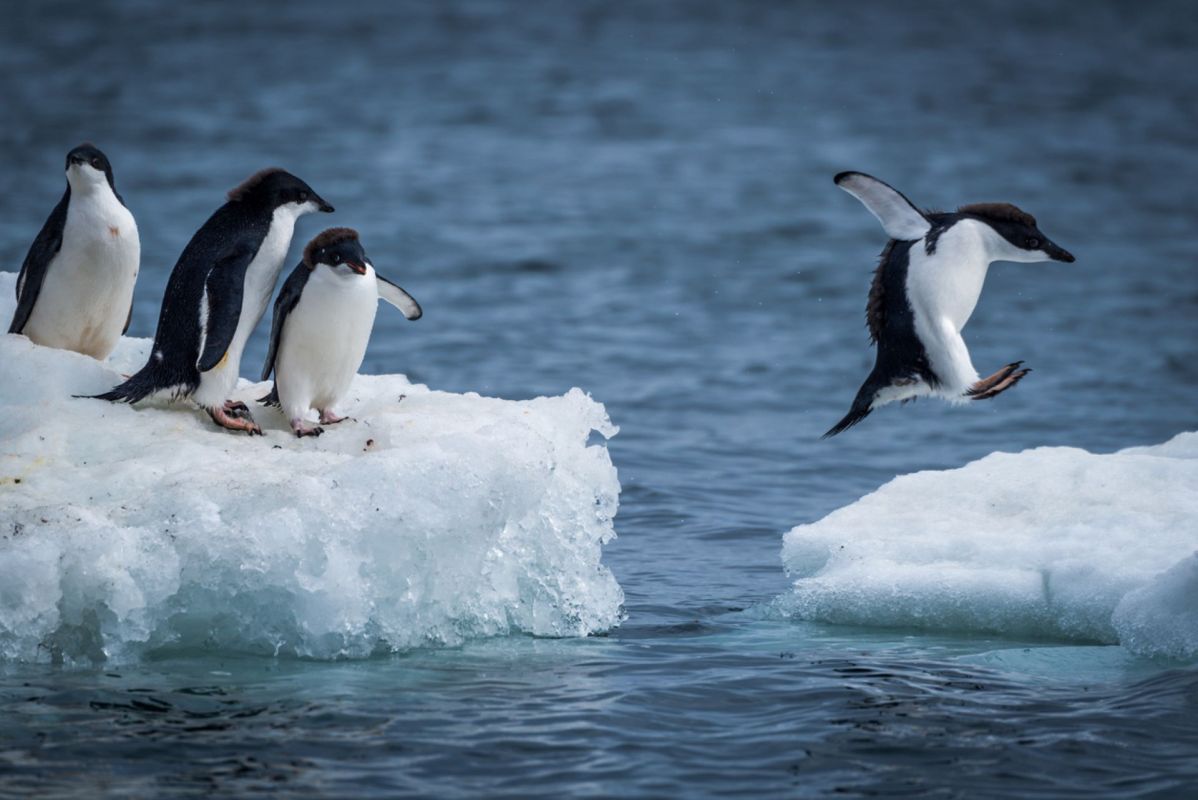Microplastics are appearing in even the most isolated parts of the globe. The exact levels are currently being determined, but researchers warn us to prepare for shocking results.
What's happening?
The UN's International Atomic Energy Agency (IAEA) and the Argentine Antarctic Institute (IAA) are teaming up to analyze microplastics in Antarctica's waters, seabeds, and penguin droppings, Reuters reported. The results will reveal just how much plastic pollution has made its way to Earth's most remote continent.
Researchers are using nuclear applications to comprehensively study microplastic accumulation across Antarctic environments for the first time. Samples will be gathered from penguin guano, seabed sediment, and seawater around ice sheets.
Researchers aim to quantify pollution levels and identify sources, including whether the microplastics drifted on ocean currents or originated in Antarctica.
Why is this concerning?
Antarctica was long seen as untouched by humanity, but that pristine image is now under threat. Plastics breaking down into tiny particles are appearing everywhere, including at the South Pole.
Thanks to the staggering amount of plastic pollution dumped into the environment, microplastics, which measure under five millimeters and can be found even in bottled water, are a global issue. When wildlife, such as penguins, ingest microplastics, the particles accumulate and cause health issues, including structural damage to the liver and brain.
Safeguarding Antarctica's fragile ecosystems protects unique species and ensures the continent can continue to stabilize weather patterns across the globe.
"The health of Antarctica is essential for the health of the planet," said Rafael Grossi, director general of the IAEA. "Microplastics are affecting the environment, and this place is no exception."
What's being done to address this?
The good news is that scientists are on it. The IAEA's findings will equip lawmakers to better protect the region through policy.
In the meantime, non-Antarcticans can help by adopting daily habits that curb plastic waste.
Swapping disposable items for reusables takes little effort and keeps pollution out of vulnerable environments. Using a reusable water bottle and shopping bag helps slow the flow of plastic. We can further safeguard nature by cutting household waste through composting food scraps or switching to clean energy.
Minor lifestyle shifts keep waste out of nature and empower us to forge a cleaner future.
Join our free newsletter for cool news and cool tips that make it easy to help yourself while helping the planet.









